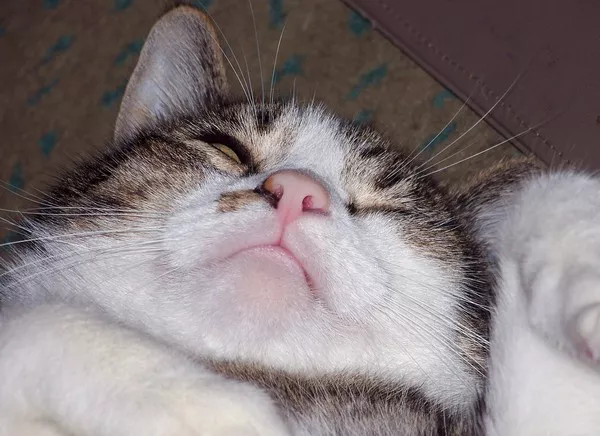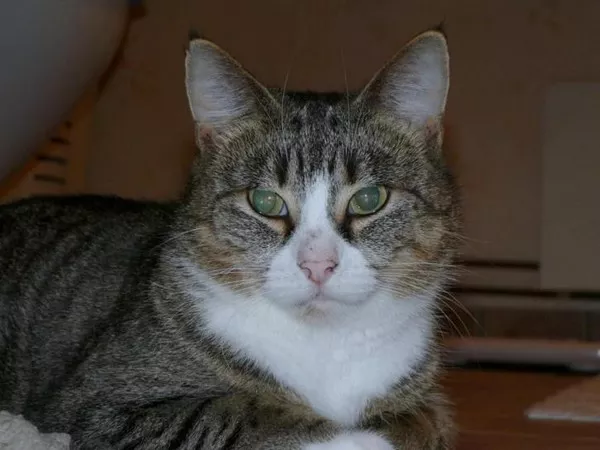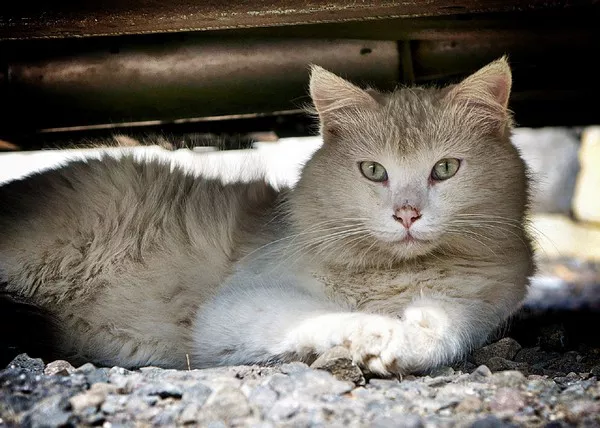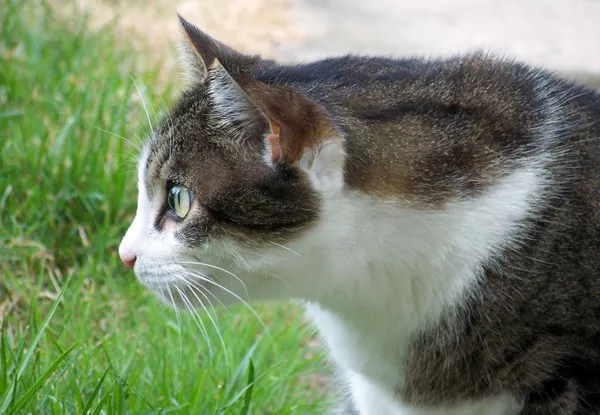Cats are renowned for their carnivorous nature, with a diet primarily composed of animal-based protein. However, some cats may show interest in certain plant-based foods, leading pet owners to wonder which vegetables are safe and suitable for feline consumption. While cats have specific nutritional requirements that are best met through animal-derived sources, there are several vegetables that can be incorporated into a cat’s diet as occasional treats or supplements. In this article, we explore the topic of feline nutrition and provide a comprehensive guide to cat-friendly vegetables.
Understanding Feline Nutritional Needs
Before delving into the world of cat-friendly vegetables, it is essential to understand the dietary requirements of felines. Cats are obligate carnivores, meaning they have evolved to thrive on a diet primarily composed of animal tissue. Their nutritional needs are distinct from those of omnivores or herbivores, with specific requirements for protein, fat, vitamins, and minerals.
The key nutritional components of a cat’s diet include:
Protein: Cats require a high-protein diet to meet their essential amino acid needs, particularly taurine, which is crucial for maintaining heart health, vision, and reproductive function.
Fat: Fats provide cats with concentrated energy and essential fatty acids necessary for skin and coat health, as well as various physiological functions.
Taurine: Taurine is an essential amino acid for cats that must be obtained from their diet, as they cannot synthesize it endogenously.
Vitamins and Minerals: Cats require specific vitamins and minerals, including vitamin A, vitamin D, calcium, phosphorus, and several B vitamins, to support overall health and well-being.
Given these nutritional requirements, it is important for cat owners to provide their feline companions with a balanced and species-appropriate diet that meets their unique needs.
Cat-Friendly Vegetables: Safe Options for Feline Consumption
While cats are primarily carnivorous, some vegetables may be safe for feline consumption in small amounts. These vegetables can provide additional nutrients, fiber, and hydration to a cat’s diet and may be offered as occasional treats or supplements. When introducing vegetables to a cat’s diet, it is important to start with small portions and monitor for any adverse reactions. The following are some cat-friendly vegetables that are generally safe for feline consumption:
1. Cooked Pumpkin or Squash: Cooked pumpkin or squash is a popular option for cats, as it is rich in fiber and can help support healthy digestion. Pumpkin is also low in calories, making it a suitable option for cats watching their weight. When offering pumpkin to cats, it is important to use plain, cooked pumpkin without added sugars or spices.
2. Steamed Green Beans: Steamed green beans are another cat-friendly vegetable that can be offered as a nutritious snack. Green beans are low in calories and rich in fiber, vitamins, and minerals, making them a healthy addition to a cat’s diet. It is best to offer green beans plain, without added salt or seasonings.
3. Cooked Sweet Potato: Cooked sweet potato is a source of complex carbohydrates, vitamins, and minerals that may be enjoyed by some cats. Sweet potatoes are rich in beta-carotene, which can support immune health and skin and coat health. When offering sweet potato to cats, it should be cooked thoroughly and served plain, without added sugars or spices.
4. Carrots: Carrots are a nutritious vegetable that may be tolerated by some cats in small amounts. Carrots are rich in beta-carotene, which can be converted into vitamin A in the body and is important for vision and immune function. When offering carrots to cats, it is best to cook or finely grate them to improve digestibility and reduce the risk of choking.
5. Zucchini: Zucchini is a low-calorie vegetable that can be offered to cats as a healthy snack. Zucchini is rich in water and fiber, which can help support hydration and digestion. It is best to offer zucchini cooked and plain, without added oils or seasonings.
6. Cucumber: Cucumber is a hydrating vegetable that may be enjoyed by some cats. Cucumber is low in calories and contains vitamins and minerals such as vitamin K and potassium. When offering cucumber to cats, it should be cut into small, bite-sized pieces and served plain, without added salt or seasonings.
See Also: Are Raw Carrots Safe for Cats?
Introducing Vegetables to a Cat’s Diet
When introducing vegetables to a cat’s diet, it is important to do so gradually and in moderation. Start by offering small portions of cooked or finely grated vegetables as a treat or supplement to your cat’s regular meals. Monitor your cat for any signs of gastrointestinal upset, such as vomiting, diarrhea, or decreased appetite, and discontinue the use of any vegetables that cause adverse reactions.
Additionally, it is essential to consider the individual preferences and dietary needs of your cat. While some cats may enjoy and tolerate certain vegetables, others may not show interest or may experience digestive issues. Always consult with your veterinarian before making significant changes to your cat’s diet, especially if your cat has underlying health conditions or dietary restrictions.
Commercial Cat Food: The Foundation of a Balanced Diet
While vegetables can be a healthy addition to a cat’s diet as occasional treats or supplements, it is important to remember that commercial cat food formulated specifically for feline nutritional needs should serve as the foundation of their diet. Commercial cat food products are designed to provide cats with a balanced and complete source of essential nutrients, including protein, fat, vitamins, and minerals.
When selecting commercial cat food products, look for those that are labeled as complete and balanced and formulated to meet the nutritional levels established by recognized authorities such as the Association of American Feed Control Officials (AAFCO). Choose products that list animal-derived proteins as the primary ingredients and avoid those containing excessive fillers, additives, or artificial flavors.
Consultation with a Veterinarian
Before introducing any new foods or dietary supplements into your cat’s diet, it is essential to consult with a veterinarian, who can provide personalized guidance based on your cat’s age, health status, dietary needs, and any underlying medical conditions. Veterinarians can also help you navigate common questions and concerns related to feline nutrition, ensuring that your cat receives optimal care and nutrition throughout their lives.
Conclusion
In conclusion, while cats are obligate carnivores with specific nutritional requirements that are best met through the consumption of animal-derived foods, some vegetables may be safely incorporated into their diet as occasional treats or supplements. Cooked pumpkin or squash, steamed green beans, cooked sweet potato, carrots, zucchini, and cucumber are among the cat-friendly vegetables that may be enjoyed by some cats. When introducing vegetables to a cat’s diet, it is important to start with small portions, monitor for any adverse reactions, and consult with a veterinarian if you have any concerns. By offering a balanced and varied diet that meets their nutritional needs, you can help ensure that your cat remains healthy and happy for years to come.



























